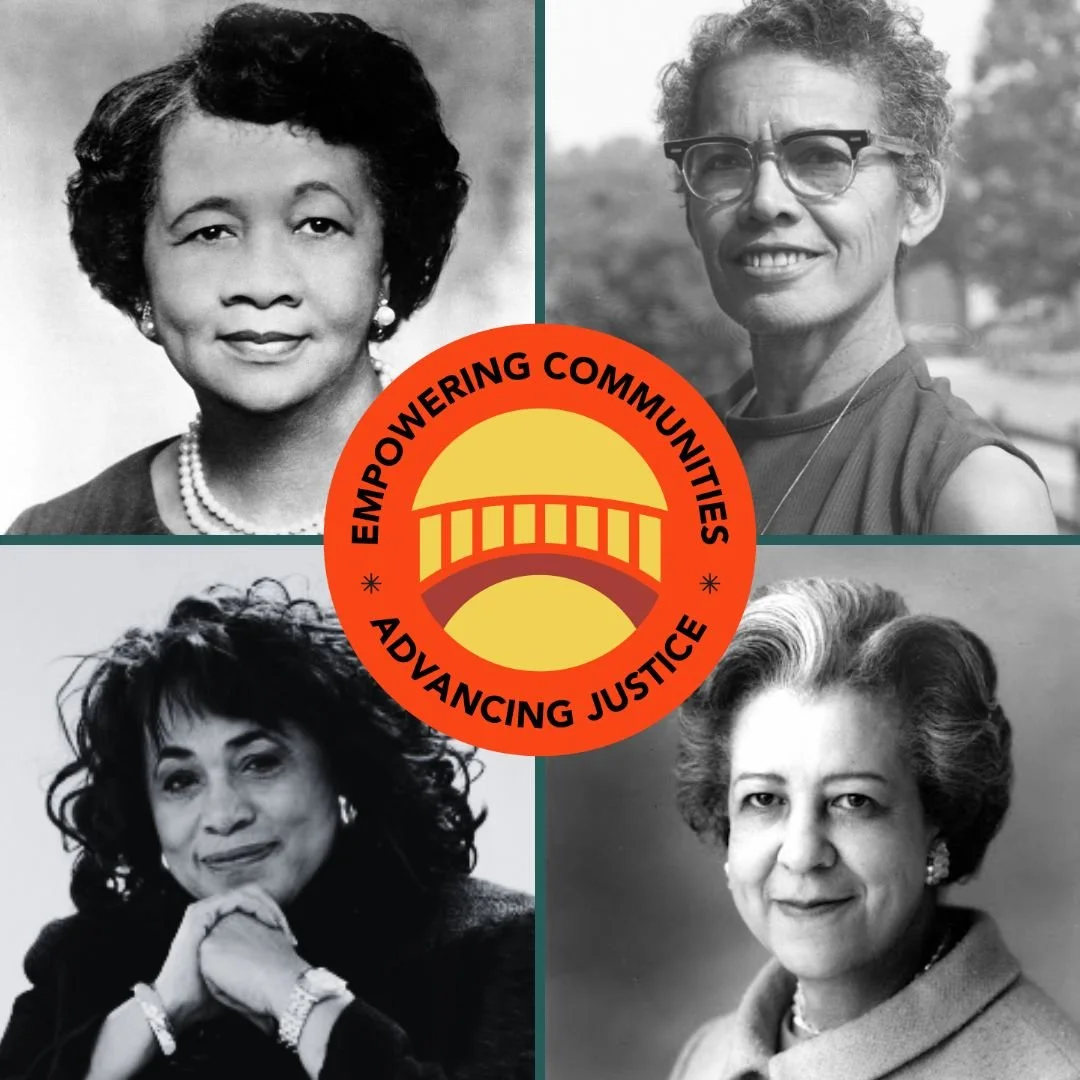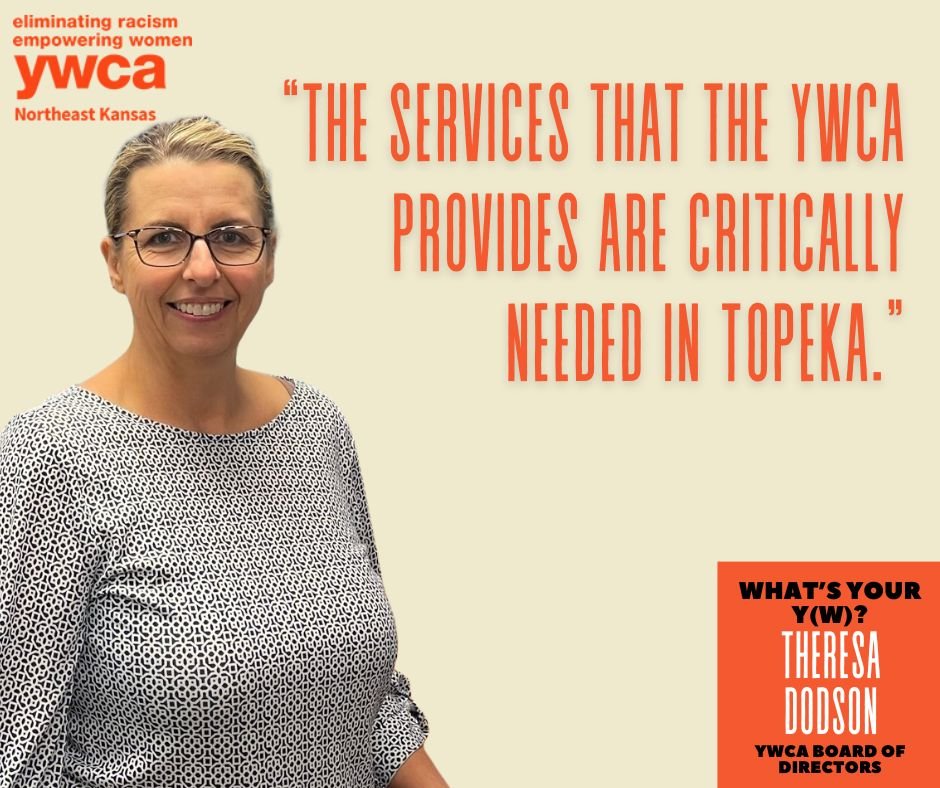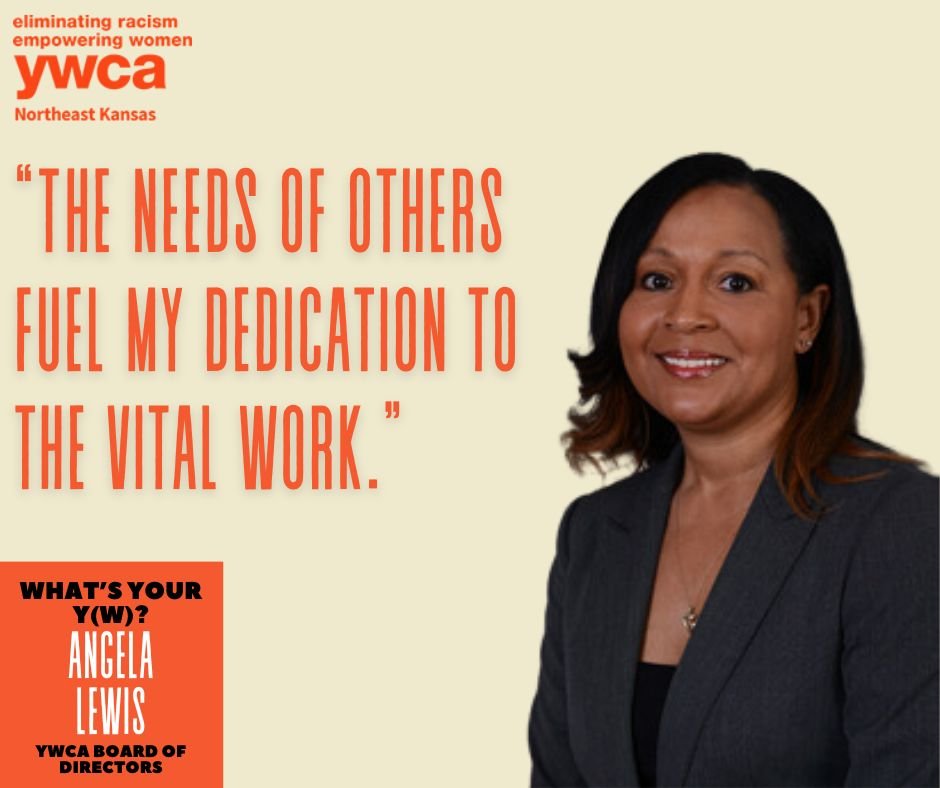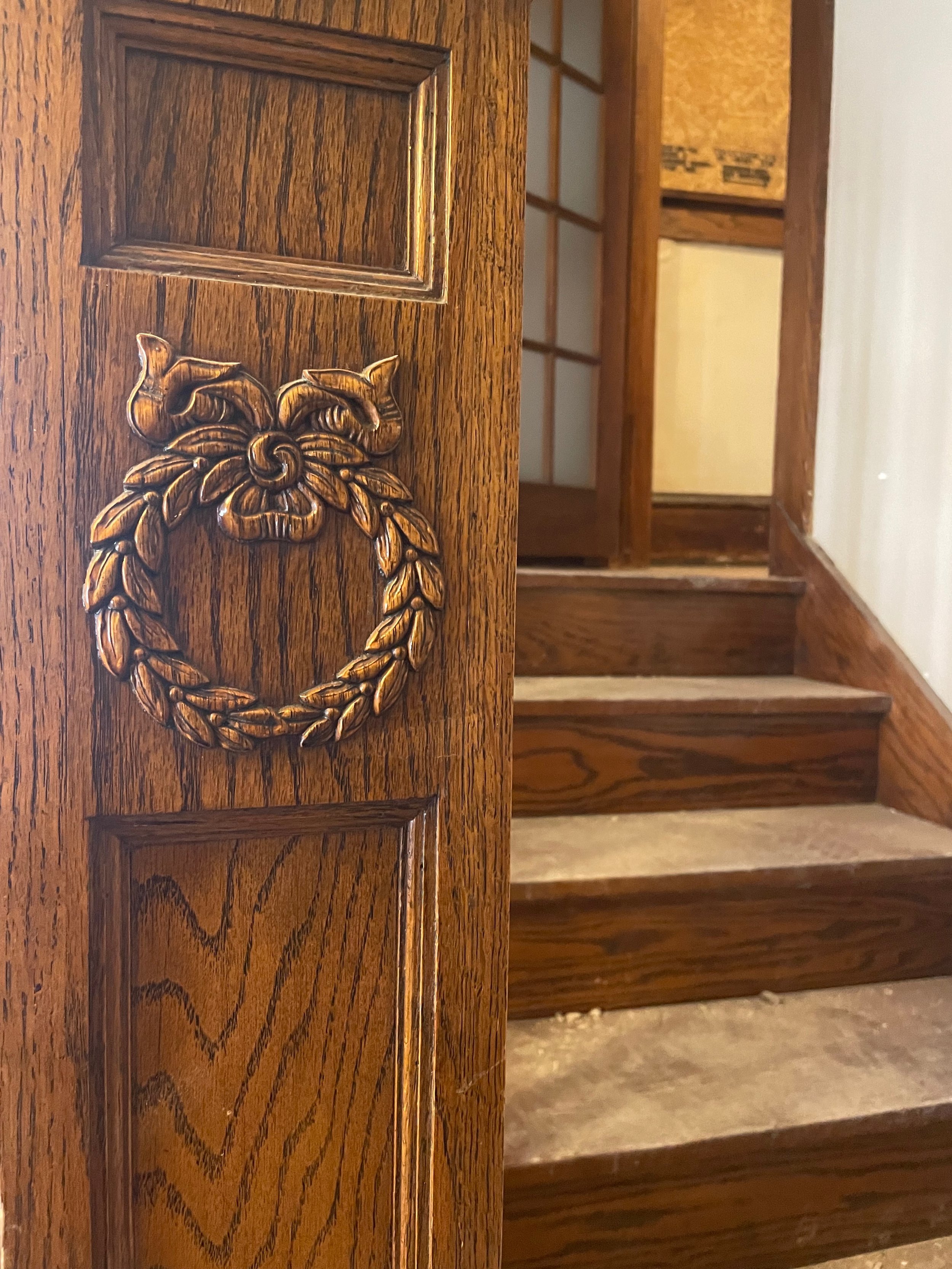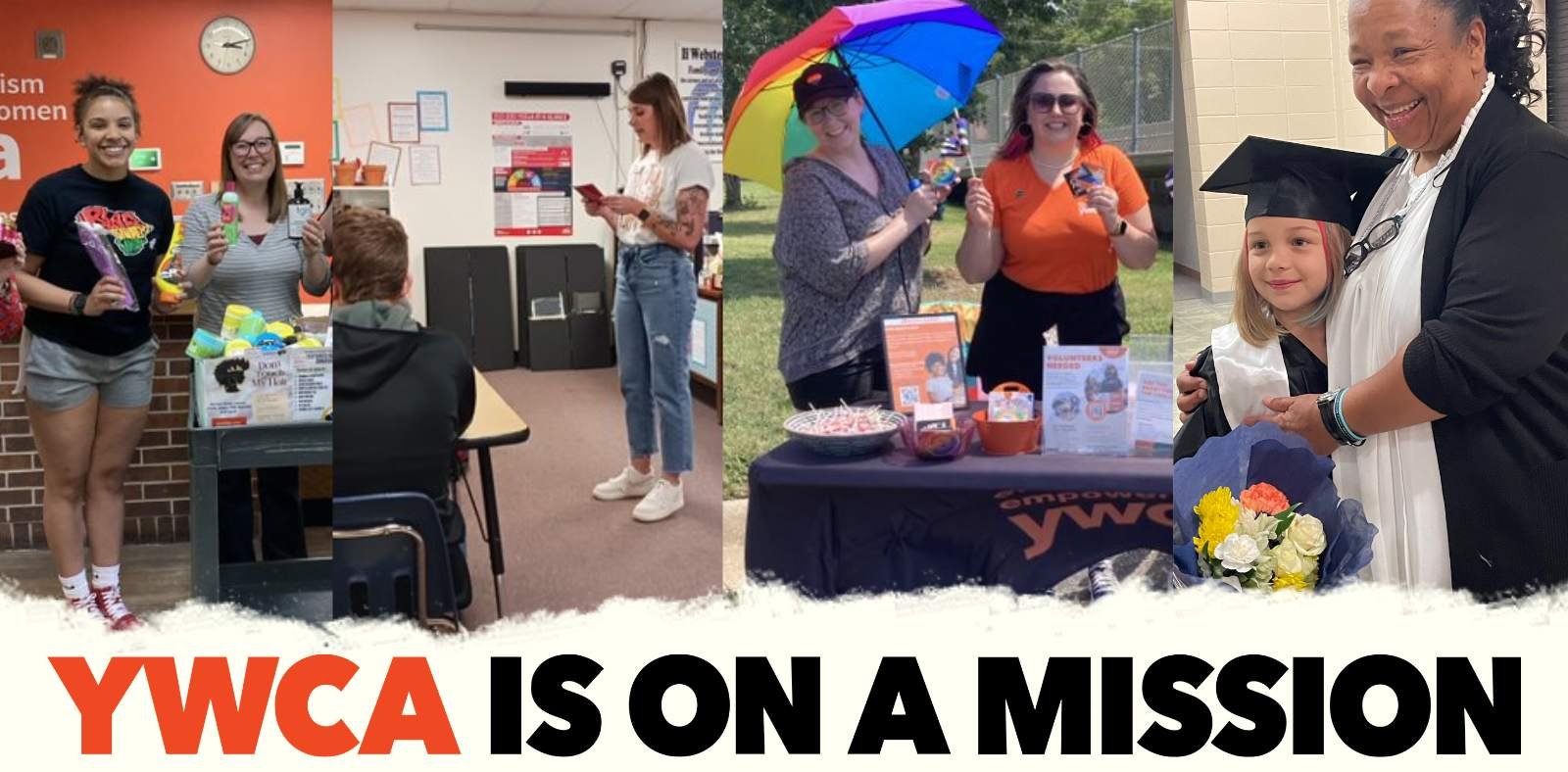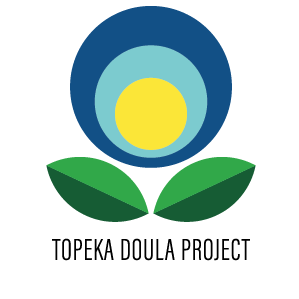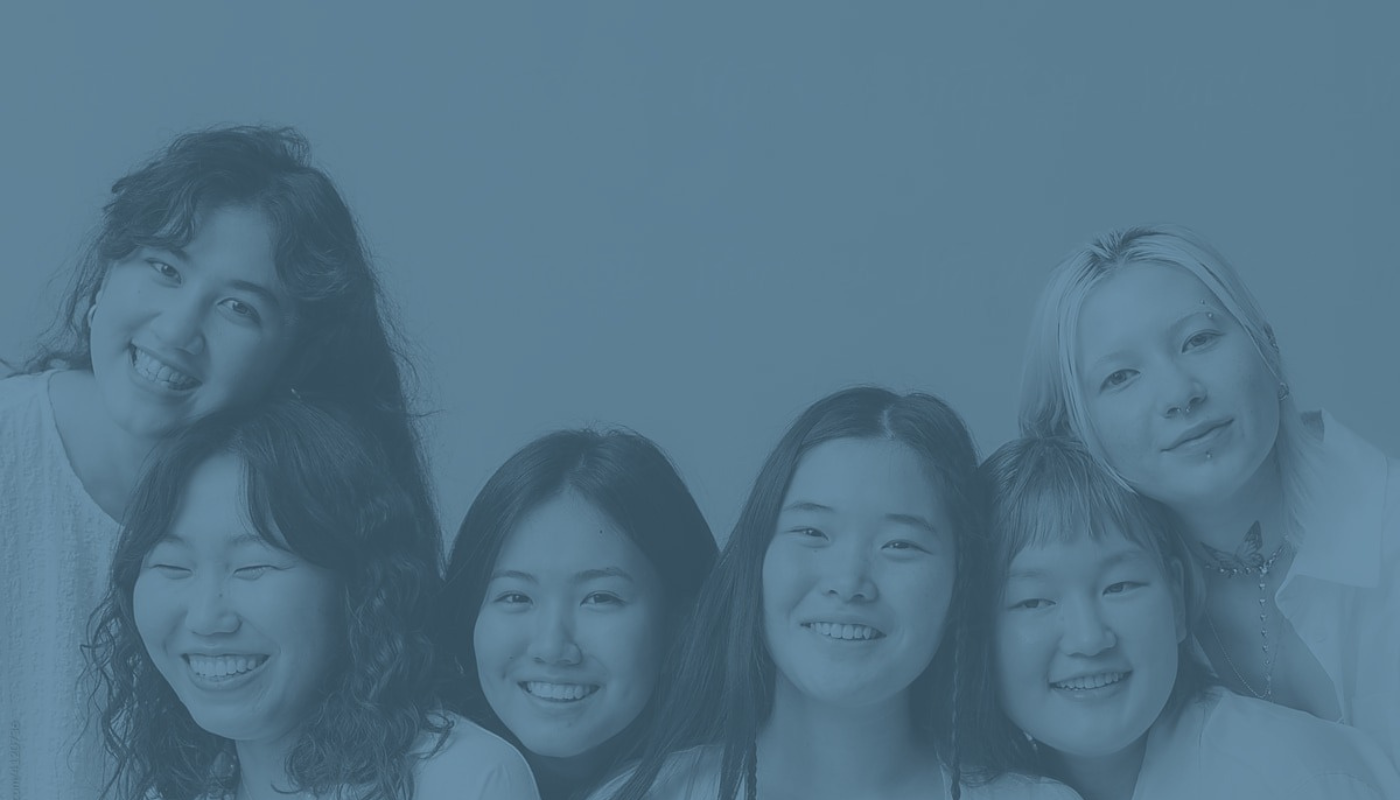
Blog
Featured
Most Recent
The YWCA movement is fueled by the determination, courage, and passion of women committed to the work of racial and gender equity. This International Women’s Day, we’re celebrating the YWCA movement by highlighting two of our local leaders - Kathleen Marker, CEO, and Rachel Grollmes, CSE Public Education Coordinator.
The devastating events in Kansas City on Wednesday remind us that gun violence is a real and constant threat to our communities and the people we serve. We remain committed to the work of anti-violence, including building safe communities where women and girls can thrive free from the threat of gun violence.
As we transition from National Human Trafficking Awareness Month into National Teen Dating Violence Awareness and Prevention Month, it’s an ideal time to discuss how parents, guardians, and caring individuals can help keep the youth in our community safe from child trafficking.
This Black History Month, we’re honoring the work of four YWCA sheroes who courageously led the nationwide efforts to bring racial justice to the forefront of the YWCA movement. Thanks to them, YWCA’s long history of Empowering Communities & Advancing Justice continues to move us forward today.
What comes to mind when you think of stalking? Maybe your mind’s eye becomes filled with images of strangers in trench coats, ominously lurking a little too close for comfort. Or perhaps you visualize a big white van driving behind you, taking too many of the same turns.
A recent report from the Polaris Project answering the question, “Where does trafficking occur in the United States?”
The YWCA Advocacy Committee works year-round to create a more just world through advocacy, civic engagement, and community education. Join Us.
Theresa Dodson admittedly didn’t know much about YWCA when she first got involved. But she soon learned just how committed the staff and volunteers are to YWCA’s mission.
Angela Lewis has been #OnAMission with YWCA since college, because she knows the importance of empowering women and girls to thrive.
This year, we announced plans for a CSE shelter expansion that will more than double our capacity once renovations are complete in Spring of 2024. Read on for a sneak peek inside the construction zone!
Tara Wallace is committed to this community, and she joined YWCA Northeast Kansas #OnAMission to build a stronger, more equitable home for everyone to thrive.
Despite recently retiring, Gina Millsap is working as hard as ever to make a difference in our community! She is on a mission with YWCA Northeast Kansas, serving as President of the Board of Directors.
Todd Payne is on a mission with YWCA Northeast Kansas, using his budget and finance expertise to support the organization through serving on the Board of Directors.
Fatima Perez-Luthi is on a mission with YWCA Northeast Kansas, using her leadership skills to advance our work and bring the community together.
Popular perception has long held that domestic violence increases during the holiday times. However, this can perpetuate myths around the root cause of domestic violence.
We’re so excited to announce that our 2023 Karen Viola Volunteer of the Year is Ann Barr! Ann is a long-time friend of YWCA, and has been volunteering in CSE and at the front desk for several years.
Now, possibly more than ever, we need to raise our voices and use our votes to promote dignity and justice for all Kansans.
Here in our community, the Topeka Doula Project is leading the way in providing education, support, and guidance during pregnancy, labor & birth, and the postpartum period.




